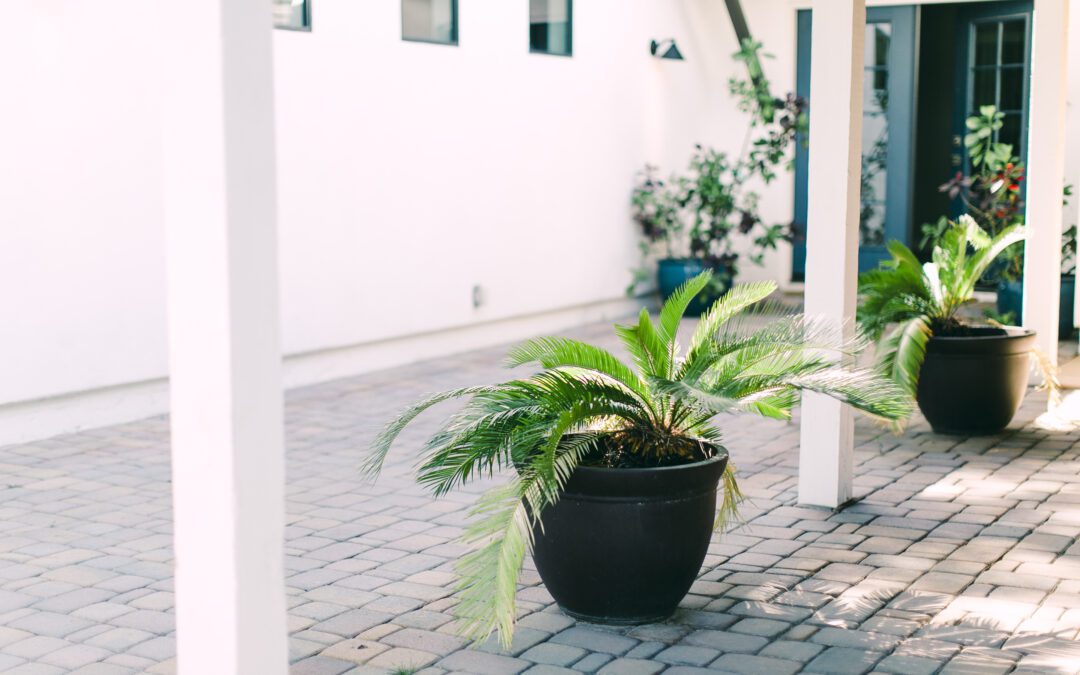Summer has arrived and the perfect outdoor space for you and your family can be just a few steps away. Creating a patio space that you will love is the perfect way to spend these early summer nights. When making choices about how to construct your backyard oasis, it is important to make considerations that can impact appearance, durability and functionality.
Before you start making design choices, try to envision what you want the end result to be. Take a chair out to the spot you are considering and try to start your design that way, with an idea of how you want the space to look when you are in it. Once you have your design, you will need to start to consider which materials would best bring that vision to a reality. Some of the material choices include concrete, bricks, pavers, stone, or tile.
Concrete
Many homeowners choose poured concrete because it is known to be structurally sound, relatively inexpensive, and can dyed to appear as higher-end paving materials. Concrete is a great choice if you live in a warm climate.
Bricks
Bricks offer the opportunity of a variety of color choices, but you should take into consideration that every brick must be set by hand, leveled and grouted. Keep in mind you’ll need to watch out for a slick surface after every rainfall if you extend your brick patio into shade.
Pavers
Pavers, typically made from cement, cinder or stone, are often used for DIY projects for their low price and super simple installation. If you’re planning to lay your own patio, consider the need for a suitable substrate to keep the pavers from shifting.
Stone
Stone may be a highly desirable look, but it shows in the price tag. Flat stones can give off a calm effect, while uniform-cut slabs of granite and other stone can make your patio a little more formal. Natural stone is extremely durable, but consider opting for the nonslip type,, such as coral stone.
Tile
Tile has a wide variety of options, to include ceramic, glass, porcelain, terra cotta and natural stone. Tile can offer a cool surface under your feet in hot climates. Keep in mind that because tile is thin, it requires a concrete slab.


Recent Comments